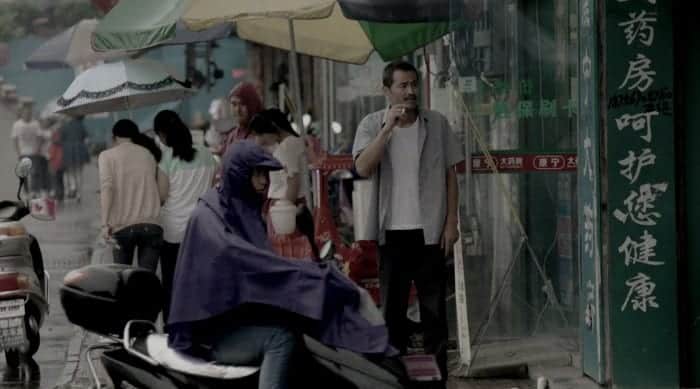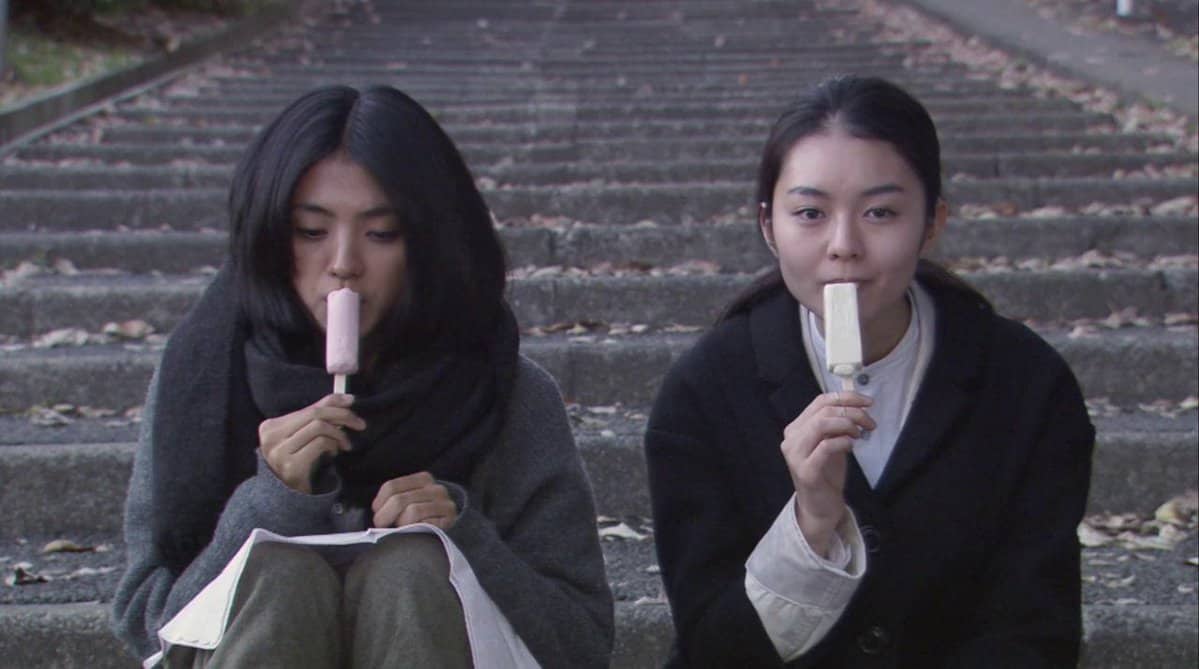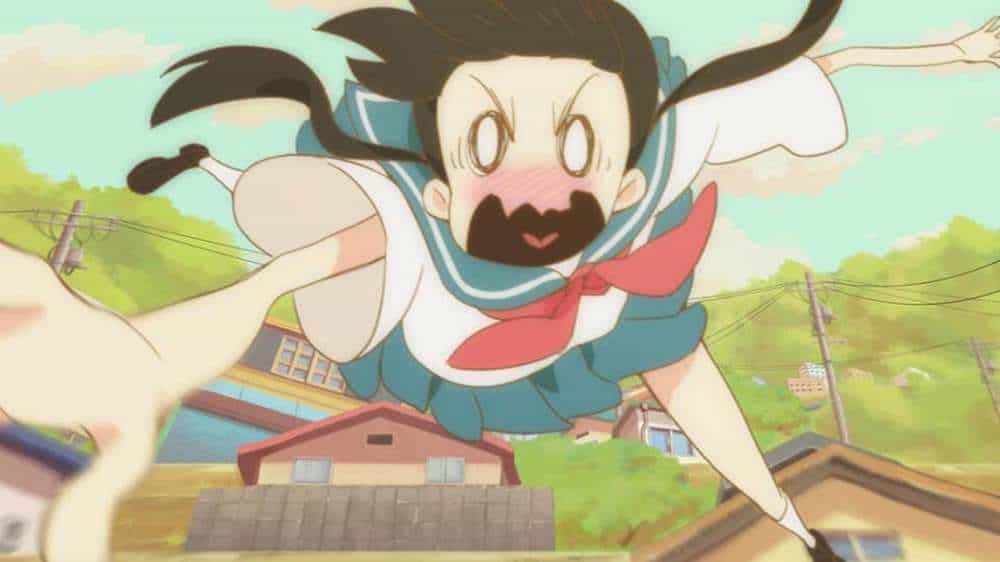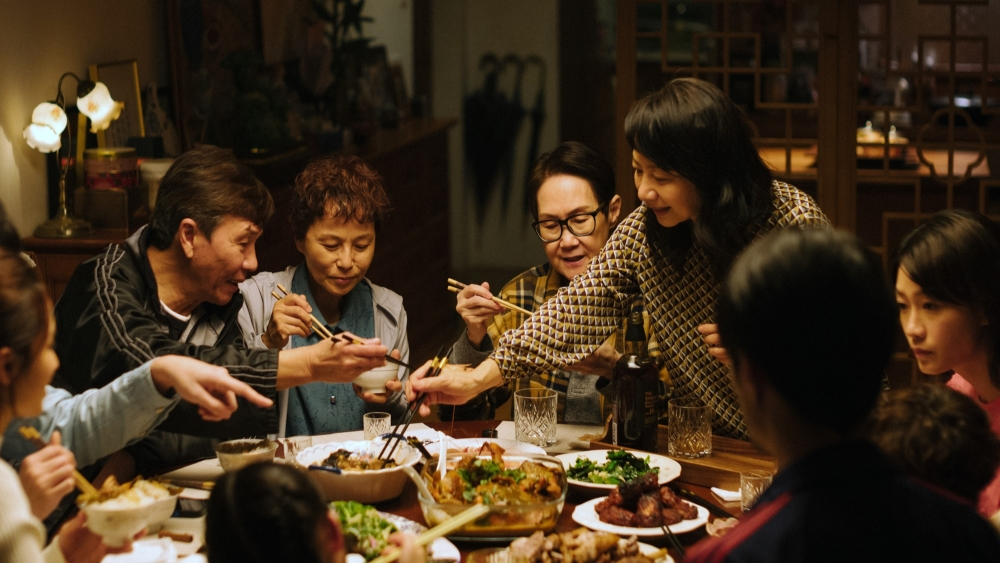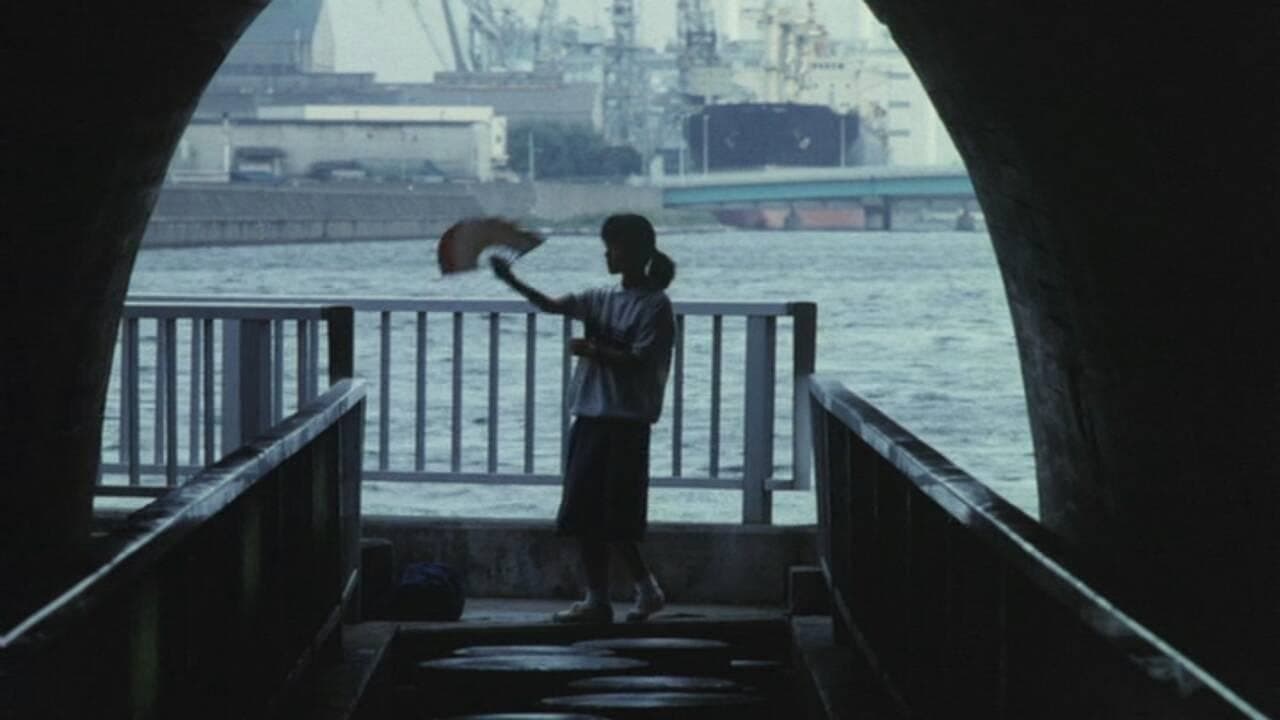The critique of the Chinese bureaucracy and legislature in general is one of the most common themes in the cinema of the mainland. Chinese-Canadian Johnny Ma has a different approach in his debut, by taking the concept many steps further, in a film that won the award for Best Canadian First Feature Film in Toronto and Best Director and Script in Stockholm.
The film is distributed by Asian Shadows
Lao Shi is a taxi driver that gets himself in an impossible situation. While driving a drunken man he unwillingly took into his cab, his passenger decides to pull his hands while he is driving, resulting in the taxi hitting a man on the street. Lao Shi gets out of the car and calls an ambulance, but after the bystanders' urge, he is forced to take him to the hospital himself. While there, the doctor suggests that he should pay for the medical bills in order for the victim to be operated immediately. Lao Shi complies, and gets himself into a situation where he has to continue paying, because the insurance company refuses to take the bill, since Lao Shi did not follow the proper procedure that demanded from him to wait for the ambulance.
Furthermore, the taxi driver hides the fact from his wife, who expects him to pay for their daughter's nursery school, while, due to a strange combination of stubbornness and sense of obligation, he continues to pay the bills, particularly when he learns that the victim's family is poor. As time passes though, and the man remains in coma, Lao Shi starts unraveling, in a downward spiral that begins when he finds the drunken man but he refuses to take responsibility, and finishes in extreme violence.
Johnny Ma directs and pens a film that shows the blights of a man who tries to do what he considers proper, in a society that does not seem to care. In a setting like that, Lao Shi looks completely out of place, as impressively presented in a scene where he walks drunk among a group of women training in a square, with his actions personifying the proverb “the nail that sticks out shall be hammered down”. And hammered he gets, starting with the hospital, continuing with his colleagues, the man in actual fault, and even his wife. Finding himself in a situation he cannot get out of, violence seems like the only option, although Ma makes a very evident point of highlighting the fact that violence is never the solution.
Another scene that shows the reality of the Chinese society and how different Lao Shi is from the average man, occurs when, while driving, witnesses another incident like his, only this time no one offers any help to the victim, with everyone continuing their way in order not to get in trouble or lose their time. In that fashion, Ma shows what one should do in these situations in order to protect himself, in a society that seems to punish the ones who care. Add to that the bribes towards the policemen and public servants in general (in the form of cigarettes or even melons), which seems to be the rule in China, and a symbolic scene that shows that Lao Shi has nothing to do with the bourgeoisie who literally kick him out, and you have the backbone of the critique presented in the film.
The film's aesthetics are very close to the one of the Chinese art-house films, although Ma implements a much faster pace and a smaller duration, that benefits the film the most, as it never becomes tiresome. Mike Long's editing helps the most in keeping this pace, with his well placed cuts. On the other hand, the cinematography feels much like the one in Chinese films, with Leung Ming Kai presenting images of poorness in the urban environment, although he does not refrain from showing that there is also another kind of life, in a very realistic approach.
Chen Gang as the almost constantly smoking Lao Shi gives an impressive performance, highlighting his character's growing sense of discomfort in contrast to his stubbornness that will not let him abandon the man in the hospital, despite the consequences on him and his family. Ma anchors the film upon him, as he is present in every scene of the movie, and he delivers in outstanding fashion, with the highlight of his performance being his gradual succumb to violence. Nai An as his wife has a small role, but manages to present herself quite realistically, with her performance finding its apogee in the scene in the lawyer's house.
“Old Stone” is a meaningful film whose evident social comments criticize the contemporary Chinese society harshly, but realistically, while manages to be entertaining at the same time, by implementing a faster than usual pace, and through Chen Gang's great performance.


